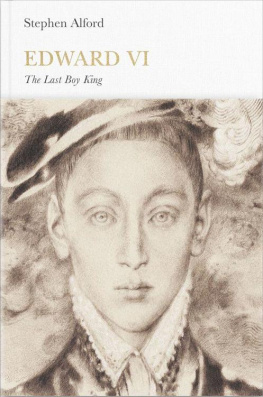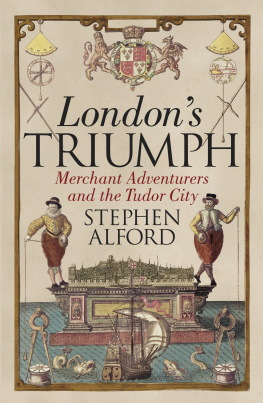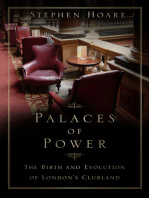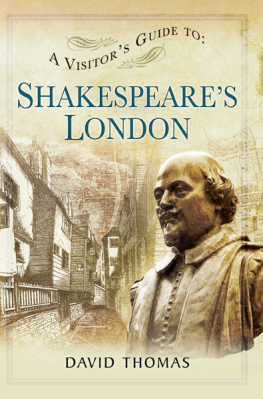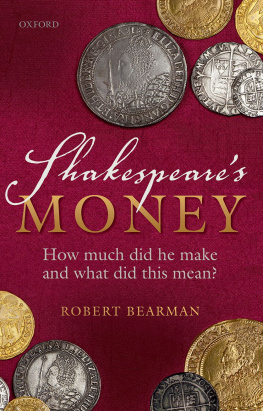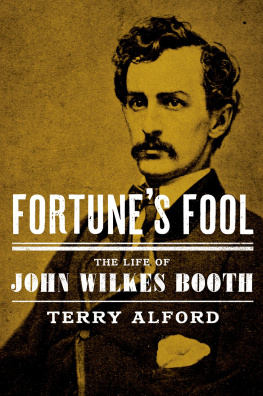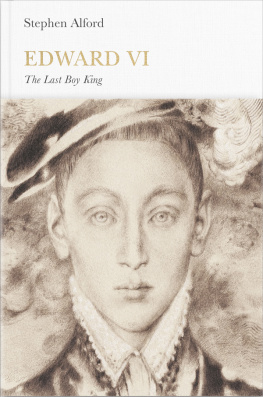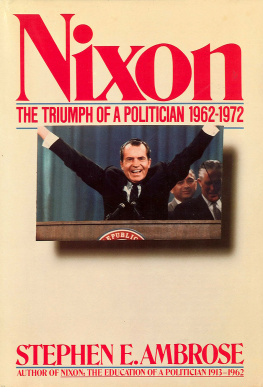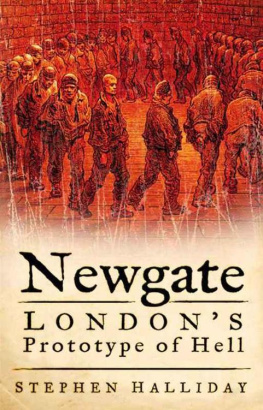Stephen Alford - Londons Triumph: Merchants, Adventurers, and Money in Shakespeares City
Here you can read online Stephen Alford - Londons Triumph: Merchants, Adventurers, and Money in Shakespeares City full text of the book (entire story) in english for free. Download pdf and epub, get meaning, cover and reviews about this ebook. year: 2017, publisher: Bloomsbury, genre: Non-fiction. Description of the work, (preface) as well as reviews are available. Best literature library LitArk.com created for fans of good reading and offers a wide selection of genres:
Romance novel
Science fiction
Adventure
Detective
Science
History
Home and family
Prose
Art
Politics
Computer
Non-fiction
Religion
Business
Children
Humor
Choose a favorite category and find really read worthwhile books. Enjoy immersion in the world of imagination, feel the emotions of the characters or learn something new for yourself, make an fascinating discovery.
- Book:Londons Triumph: Merchants, Adventurers, and Money in Shakespeares City
- Author:
- Publisher:Bloomsbury
- Genre:
- Year:2017
- Rating:3 / 5
- Favourites:Add to favourites
- Your mark:
- 60
- 1
- 2
- 3
- 4
- 5
Londons Triumph: Merchants, Adventurers, and Money in Shakespeares City: summary, description and annotation
We offer to read an annotation, description, summary or preface (depends on what the author of the book "Londons Triumph: Merchants, Adventurers, and Money in Shakespeares City" wrote himself). If you haven't found the necessary information about the book — write in the comments, we will try to find it.
Londons Triumph: Merchants, Adventurers, and Money in Shakespeares City — read online for free the complete book (whole text) full work
Below is the text of the book, divided by pages. System saving the place of the last page read, allows you to conveniently read the book "Londons Triumph: Merchants, Adventurers, and Money in Shakespeares City" online for free, without having to search again every time where you left off. Put a bookmark, and you can go to the page where you finished reading at any time.
Font size:
Interval:
Bookmark:
Londons Triumph
For my parents, with love

O London, thou art great in glory, and envied for thy greatness: thy towers, thy temples, and thy pinnacles stand upon thy head like borders of gold, thy waters like fringes of silver hang at the hems of thy garments. Thou art the goodliest of thy neighbours, but the proudest; the wealthiest, but the most wanton.
Thomas Dekker, The Seven Deadly
Sinnes of London (1606)
Moved by the good affection... and much more by that good will, which of duty I bear to my native country and countrymen, which have of late to their great praise (whatsoever succeed) attempted with new voyages to search the seas and new found lands...
Richard Eden, A Treatyse of the
Newe India (1553)
Contents
This book tells a story that breaks all the rules of historical probability: how one city grew in spite of huge and recurring demographic crises of mortality and disease, coped with massive levels of immigration and, on top of all this, found the confidence by the late sixteenth century to explore, trade with and colonize far parts of the world unknown only two generations before. It is a story about money, wealth, poverty, self-confidence, greed, tenacity and remarkable happenstance and accident. It is the story of Tudor London, the city William Shakespeare knew.
As much as this is a book about a single city, it also explores significantly changing worlds of experience, knowledge, possibility and imagination within and beyond London. To say that English horizons were opened up between 1500 and 1620 would be a severe understatement. Where for centuries Londons merchants had been content to send their ships to and from the Low Countries (today Belgium and the Netherlands), France and the Baltic, by 1620 they knew Russia, Persia, the far eastern Mediterranean and Africa, and had bases from the Red Sea to Japan, as well as colonies in North America. Their ambitions were without limit; they built vast trading corporations and entertained hopes of trans- and inter-continental business that would circumnavigate the globe. Hand in hand with this was the discovery by ordinary people of faraway places through books printed in London. In 1500 the keenest bibliophile would have struggled to fill even a modest shelf with books printed in the city. A century later, thanks to a combination of a thriving industry and readers eager for new knowledge, the same shelves would have heaved with pamphlets and volumes of explorations, navigations, exotic peoples, sermons, foreign languages, histories, poetry and drama. Add to this what was effectively the quadrupling of Londons population in just over a century and the physical reshaping of a city bursting with people, and it is no wonder that we are left with the exciting task of trying to understand (or sometimes frankly to keep pace) with a dizzying story.
We need right at the beginning to leave behind some big modern assumptions. The first is that the kingdom of Tudor England was a major player in Europe; the second (a hard notion to let go of today) that to speak English counted for anything. In European terms, England in 1500 was a marginal backwater, London a solid enough but broadly unspectacular city. English was a minor language spoken by some, but by no means all, of the inhabitants of what today we call the British Isles. Survey the various fields of European endeavour in 1500 and England barely registered; its cultural pulse was very faint indeed. The great names of the day in art (Sandro Botticelli and Albrecht Drer, for example), church power (Giovanni di Lorenzo de Medici, later Pope Leo X), finance and banking (Jakob Fugger), navigation and exploration (Christopher Columbus), political analysis (Niccol Machiavelli), science and human knowledge (Leonardo da Vinci) and university scholarship (Erasmus of Rotterdam) all had, as well as their brilliance, at least one other thing in common: they were not English. The most powerful royal courts and most impressive seats of learning were to be found in Italy, Spain, France and Germany. The Tudor Henry VII, king of England in 1500, was able to punch above his weight diplomatically by signing international peace treaties and marrying off his children to fellow princes. But Henrys wider influence was as nothing compared with the kings of France and Spain and, pre-eminently, the Holy Roman Emperor Maximilian I, who ruled the great agglomeration of territories that make up modern Germany and central Europe. To be understood abroad, an Englishman had to speak either another European vernacular or, ideally, Latin. English was a language whose furthest reach was Calais, at least when Calais was still an English possession (but it was lost by battle to the French in 1558).
In terms of trade and navigation, England was a very long way behind other European powers. As we will see, the great entrept of north-western Europe, where the riches of the Middle East and Asia were bought by English merchants, was Antwerp; before that it had been Bruges. The Italian cities of Genoa and Venice were formidable commercial powers in the eastern Mediterranean, and Naples was much larger even than Paris in terms of its population (and Paris in turn was considerably bigger than London). Banking houses of Augsburg like the Fugger and the Welser dominated the financial scene of western Europe, lending huge sums of money to kings and emperors, including (a little later) kings of England. London was a modest satellite of a European system of international trade whose weight was settled firmly in the middle of the continent.
When it came to the wider world, by 1500 Spain and Portugal had well-established global ambitions. Blessed by the papacy, those two Iberian powers had practically carved up the whole world between them, as in 1493 Pope Alexander VI divided the globe by a meridian drawn north to south 370 leagues west of the Cape Verde Islands. Spains western imperial ambitions were just at that point beginning to develop. Already by 1500 Portuguese explorers knew Africa and the Middle East and were establishing bases in the East Indies to import pepper and valuable spices into Europe. Within a few decades the vast riches of Mexico would be opened up to plunder and exploitation; the silver fleets returning across the Atlantic by way of the Caribbean became the greatest prop of global Spanish power. In 1503 the Casa de la Contratacin, a department of Spains central government, was set up to process the immensely valuable cargoes returning from the other side of the world. It was also a highly regarded school of navigation that developed ever more advanced techniques of further exploration. In this new world, English merchants and navigators were nowhere to be seen. To say empire or colony to such a merchant in 1500 would be to invite a puzzled look at words which had no obvious relevance to his life and business. Equally, English navigators would take another half century even to begin to catch up with the advanced skills of Portuguese and Spanish sea captains.
If the rise of London looks all the more remarkable in the light of the utter marginality of England at the beginning of the sixteenth century, then just as confounding is the fact that the city flourished as, in the decades that followed, continental Europe was torn by religious war, massacre and revolt.
Europe at the best of times was a hotchpotch of kingdoms, provinces, dukedoms and city-states. Even relatively settled kingdoms like France and England had all kinds of semi-autonomous regions and princedoms. Notionally Europe was bound together by the idea and structures of Christendom, in which the formidable multinational spiritual corporation that was the Catholic Church, with its pope in Rome, offered to all Christian Europeans the keys to heaven and gave a sense of unity to an otherwise disparate and diverse continent. In 1500 the enemies of Christendom were firmly on the outside: the Ottoman Empire in the far eastern Mediterranean (always a danger), or Muslims forcibly pushed out of southern Spain in the late fifteenth century. Other than isolated heretics and heresies here and there, there were few enemies within. But all that changed in 1517, when the lectures of an Augustinian monk and university teacher called Martin Luther escalated into a movement that shook Christendom to its foundations.
Next pageFont size:
Interval:
Bookmark:
Similar books «Londons Triumph: Merchants, Adventurers, and Money in Shakespeares City»
Look at similar books to Londons Triumph: Merchants, Adventurers, and Money in Shakespeares City. We have selected literature similar in name and meaning in the hope of providing readers with more options to find new, interesting, not yet read works.
Discussion, reviews of the book Londons Triumph: Merchants, Adventurers, and Money in Shakespeares City and just readers' own opinions. Leave your comments, write what you think about the work, its meaning or the main characters. Specify what exactly you liked and what you didn't like, and why you think so.


